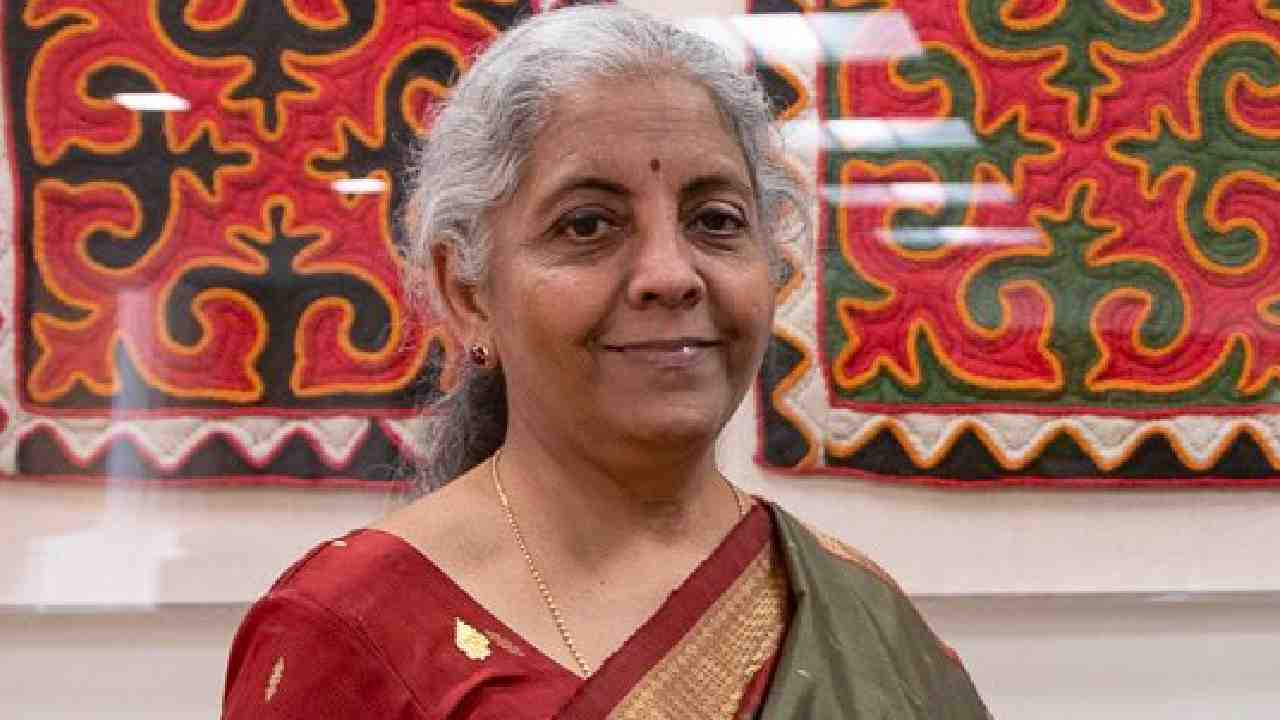
Indian Finance Minister Nirmala Sitharaman says that the country’s crypto policy will not be rushed. “Our intention is in no way to hurt the ecosystem, or to even say that we don’t need it,” she added.
Finance Minister on Indian Crypto Regulation
India’s finance minister, Nirmala Sitharaman, discussed cryptocurrency regulation Wednesday at a fireside chat organized by Stanford University School of Medicine.
She explained that India will not rush to finalize the country’s crypto policy. On the contrary, she said India will take an informed decision after due deliberations across multilateral fora, the Mint reported.
Sitharaman admitted that blockchain technology has the potential to improve India’s economy. “Blockchain is full of potential not just in the payments arena but also in many others,” she described, adding:
Our intention is in no way to hurt the ecosystem, or to even say that we don’t need it, but to define for ourselves how we need them and in what ways their growth should be facilitated and how we are going to handle it.
However, the finance minister also emphasized that “it also can be manipulated for not so desirable ends — whether it is money laundering or leading to financing terror.”
The finance minister noted that these are concerns for many countries, not just India. She opined:
It has to take its time for all of us to be sure that at least, with the given available information, we are making a discerned decision. It can’t be rushed.
Indian finance ministry officials have been consulting with international organizations, including the International Monetary Fund (IMF) and the World Bank. IMF Managing Director Kristalina Georgieva said last week that India is “on the frontline of digital currencies, especially central bank digital currency and how it handles a reduction of risk from crypto assets for the Indian people and businesses.”
While the Indian government is working on the country’s crypto policy, crypto income is taxed at 30%. On July 1, a 1% tax deducted at source (TDS) will start levying in on all crypto transactions.
What do you think about the Indian finance minister’s comments regarding cryptocurrency regulation? Let us know in the comments section below.
















